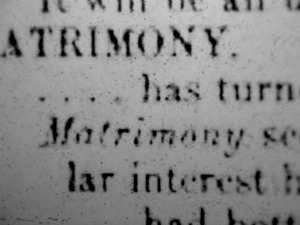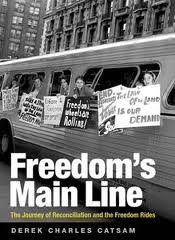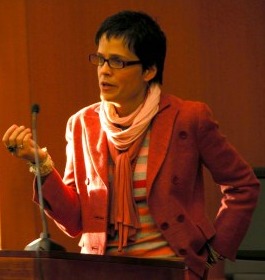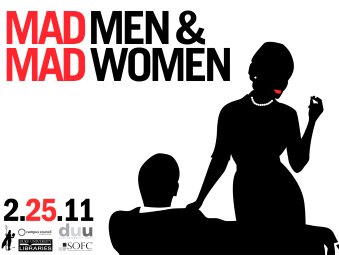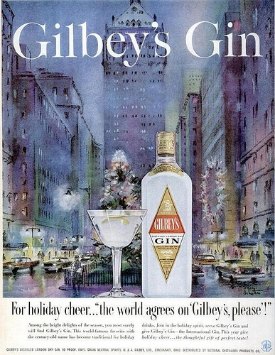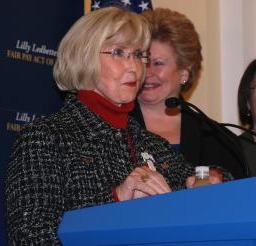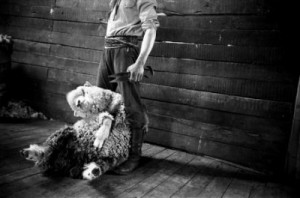Date: 6 April-18 July 2011
Location and Time: Perkins Library Gallery during library hours
Contact Information: Meg Brown, 919-681-2071 or meg.brown(at)duke.edu
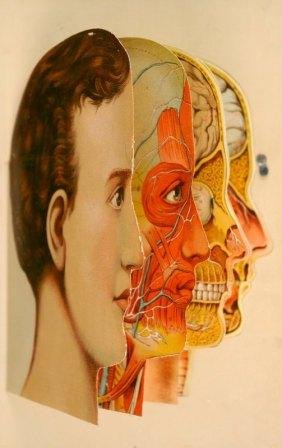
Animated Anatomies explores the visually stunning and technically complex genre of printed texts and illustrations known as anatomical flap books.
This exhibit traces the flap book genre beginning with early examples from the sixteenth century, to the colorful “golden age” of complex flaps of the nineteenth century, and finally to the common children’s pop-up anatomy books of today. The display—which includes materials from the RBMSCL, the Duke Medical Center Library & Archives’ History of Medicine Collections, and from the private collections of the curators of the exhibit—highlights the history of science, medical instruction, and the intricate art of bookmaking.
The exhibit is curated by Professor Valeria Finucci, Department of Romance Studies, and Maurizio Rippa-Bonati, Department of History of Medicine at the University of Padua, with the assistance of Meg Brown, Duke University Libraries exhibits coordinator, and Rachel Ingold, Curator of the History of Medicine Collections. Items will be exhibited in both the gallery of Perkins Library on Duke’s main campus as well as outside the History of Medicine Reading Room at Duke’s Medical Center Library.
In addition to the exhibit, an opening reception will be held Monday, 18 April, at 10 AM at the History of Medicine Collections, followed by a symposium of renowned scholars in history, medicine, and medical history in Perkins Library. The exhibit and the symposium, both free and open to the public, aim to address a diverse public including those interested in the medical field, history, cultural studies, visual studies, and material studies.
To learn more about the symposium, exhibit, see photos of anatomical flap books, and watch videos of them in action, visit the exhibit website.
Post contributed by Rachel Ingold, Curator of the History of Medicine Collections.



